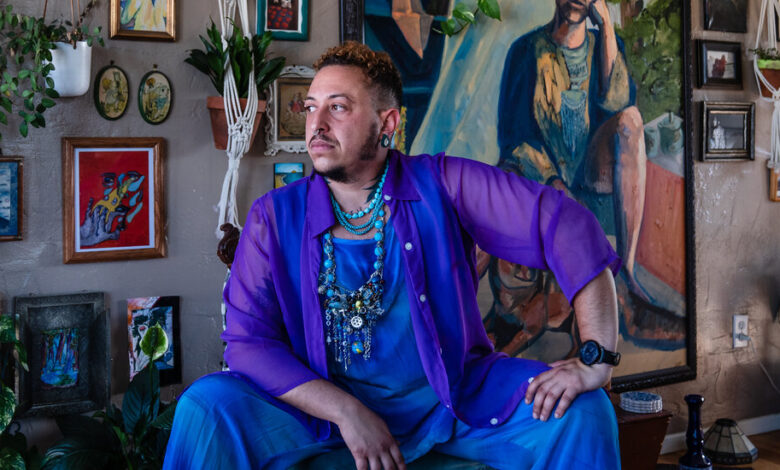How People in the Queer Community Think About Personal Finance

“It doesn’t matter if we are friend or foe, this is community work,” he said.
Mr. Adams graduated from an Egyptian medical school in 2010 before going to Ohio in 2015. He applied for political asylum in the United States as a former Muslim and a queer person, before coming out as transmasculine and nonbinary and starting his medical transition.
Mr. Adams now lives in San Diego and earns $90,000 a year as a clinical research associate for a private company. Even so, he lives paycheck to paycheck.
“Because I make that salary, I feel a moral responsibility to take care of other people in my life that are my chosen family, essentially,” he said.
Four members of his chosen family (close relationships that L.G.B.T.Q. people form apart from their biological relatives) currently depend on him, Mr. Adams said. It can be difficult for his friends to accept help — they don’t want to receive handouts or to feel like a burden — so he invites them to help him with small household tasks in exchange for money.
But Mr. Adams is also struggling. Alongside typical expenses like $1,500 in rent and $500 car loan payments, he owes tens of thousands of dollars to a rehabilitation facility he visited for addiction issues, has $5,000 in credit card debt and owes $4,000 in medical debt. Mr. Adams also pays $5,000 every three months for hormone care.
Health care is a big-ticket item for anyone, but it can be especially challenging for the L.G.B.T.Q. community, said Josh Andreasen, director of financial planning at Edelman Financial Engines.
“With such a patchwork of laws from state to state regarding health care, it can be extremely difficult locating and paying for the services you might need,” Mr. Andreasen said in an email. “Gender-affirming surgeries for trans individuals can be exceedingly expensive, costing upwards of $100,000.”
